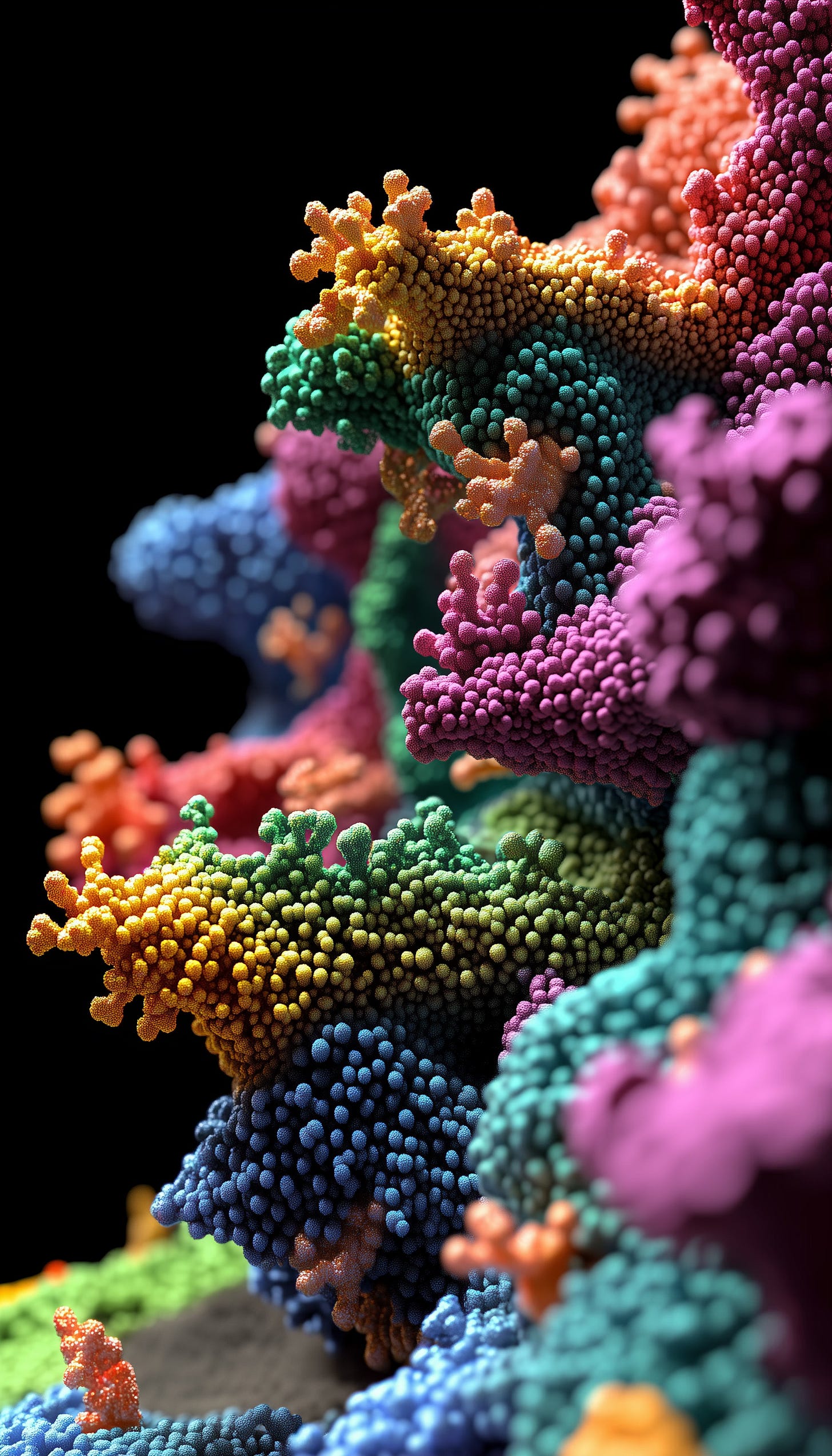Rewire Your DNA: How to Reduce Stress & Transform Gene Expression
Introduction
What if I told you that by reducing stress, you could literally reprogram your body for better health? Science now shows that our genes aren’t set in stone—they respond to our environment, lifestyle, and even emotions. This is called epigenetics, and one of the biggest influencers of our gene expression is cortisol, the stress hormone.
When cortisol levels stay high for too long, it can alter gene activity in ways that increase inflammation, premature aging, and chronic disease risk. But the good news? Reducing cortisol levels can reverse these effects, cueing your DNA to produce different proteins and leading to real, physical changes in the body. Let’s explore how!
The Science
Our DNA contains all the instructions for how our body functions, but not all genes are active at the same time.
Epigenetics refers to modifications (like DNA methylation and histone changes) that determine which genes get turned on or off.
Cortisol plays a major role in this process. Chronic stress can silence beneficial genes while activating inflammatory ones.
By lowering cortisol, we allow our body to return to a state of balance, promoting healing, longevity, and resilience.
5 Benefits of Lowering Cortisol & Changing Gene Expression
Improved Mood & Mental Health
Lower cortisol levels are linked to reduced anxiety, depression, and stress-related disorders.Stronger Immune System
High cortisol suppresses immunity, while reducing it strengthens the body's ability to fight infections.Better Brain Function
Lower stress levels improve memory, focus, and neuroplasticity, making learning and cognitive performance better.Slower Aging & Longevity
Less inflammation means healthier cells, leading to reduced aging at the molecular level.Balanced Metabolism & Weight Regulation
Stress-induced weight gain is largely due to cortisol. Lowering it helps maintain a healthy weight and metabolic balance.
Low-Stress Techniques to Reduce Cortisol & Rewire Your Genes
Here are simple yet powerful methods to reduce cortisol levels and encourage beneficial gene expression:
Daily Mindfulness Meditation
Just 10-15 minutes a day significantly reduces stress, improves emotional regulation, and lowers cortisol over time.Breathwork (Diaphragmatic Breathing)
Slow, deep breathing signals to the nervous system that you are safe, reducing cortisol and heart rate.Nature Therapy
Spending time outdoors, especially in green spaces, has been shown to lower stress hormone levels naturally.Gentle Movement (Yoga, Tai Chi, Walking)
Light physical activity reduces cortisol, boosts mood, and improves circulation without adding stress to the body.Sleep & Circadian Rhythm Regulation
Quality sleep is essential for reversing stress-induced epigenetic changes and maintaining balanced hormone levels.
Timeframe & Expected Results
Short-Term (Days to Weeks): Feel more relaxed, sleep better, and notice improved focus.
Mid-Term (Weeks to Months): Experience reduced inflammation, better digestion, and more energy.
Long-Term (Months to Years): See lasting genetic changes, lower disease risk, and increased resilience to stress.
Conclusion
Lowering stress isn’t just about feeling good—it physically changes your body at the genetic level, leading to long-term health benefits. The best part? You don’t have to make huge changes—simple, daily habits can create profound transformations.
Try adding just one of these techniques to your routine today and watch how your body and mind respond.
Would you like to experience this effect in real time? Stay tuned for our guided meditation video to help reduce cortisol and promote healing at the genetic level!







